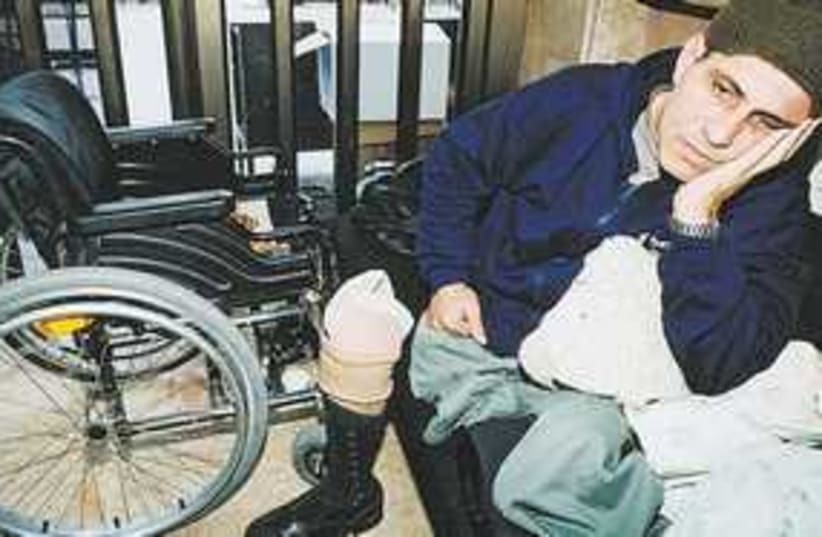JPostRabbi@yahoo.com
Ask the Rabbi: May a mentally incompetent person marry?
Israeli Chief Rabbinate has reportedly allowed marriage of few Down syndrome patients to each other, this topic remains debatable within legal world.

JPostRabbi@yahoo.com